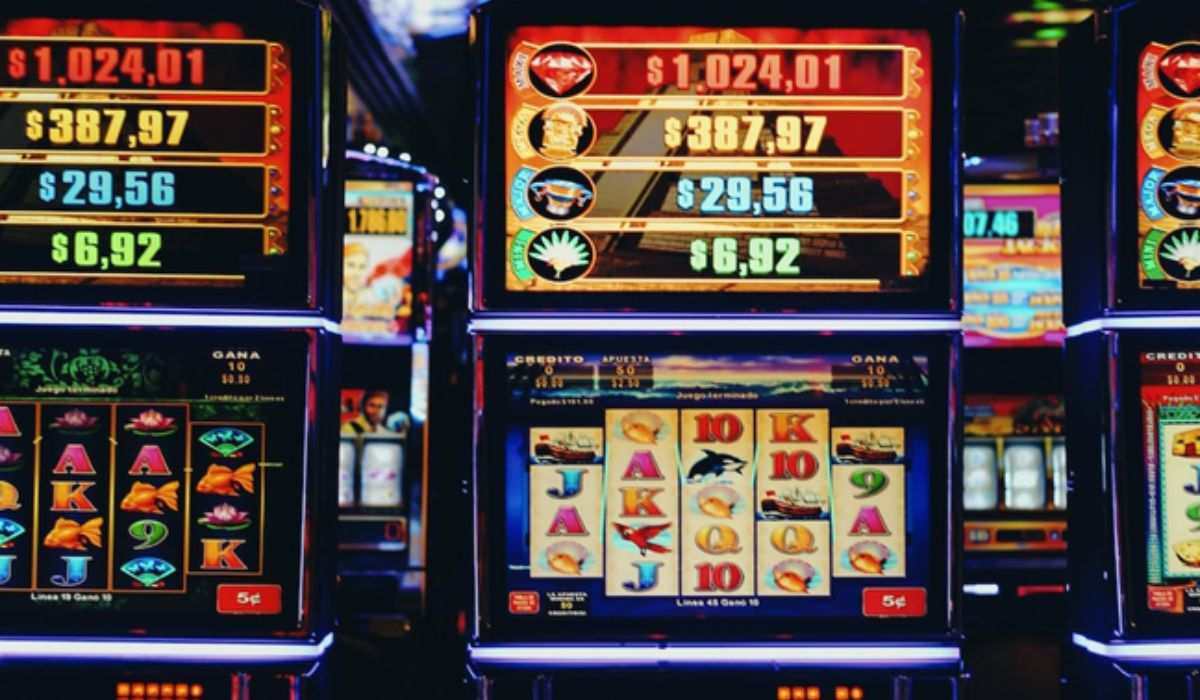
Casino experiences have captivated players over the ages, transforming from simple pastimes to sophisticated forms of entertainment that blend fortune, skill, and entertainment. From the ancient roots of gambling in cultures like Mesopotamia and Rome to the glitzy corridors of contemporary casinos, the history of these games shows much about human nature and our interaction with chance. As cultures have merged and innovation has progressed, casino games have changed, illustrating societal changes and advancements in gameplay.
The initial iterations of gambling likely involved basic games involving dice and placing bets on the outcomes of sports competitions. As time passed, these early games grew into more structured games like table games, roulette, and the variety of one-armed bandits that fill the floors of casinos today. Each era brought its unique rules, aesthetics, and social relevance. At present, casino games continue to evolve with the rise of digital gaming platforms, enabling players from various parts of the world to engage in a common experience, further fusing the traditional with the digital age.
Initial Origins of Gaming Activities
Gambling games have foundations that stretch back to old civilizations, where wagering was deeply entrenched in social traditions and social rituals. The initial known instances of gambling developed in ancient Mesopotamia around 3000 BC, involving simple dice activities made from bone bones. These initial games laid the groundwork for more complex betting games, demonstrating human beings’ innate desire to pursue wealth and amusement through luck.
As societies progressed, so did their betting interests. In early China, around two thousand three hundred BC, objects were unearthed that looked like primitive rudimentary versions of a lottery game activity. More structured instances of betting emerged in the Roman Empire, where activities of chance were a common recreation, often occurring in community events. The Romans developed different wagering games, which composed dice and table activities, showing the widespread nature of betting across various economic classes.
With the flow of ages, these primitive games contributed to the progress of modern casino games. In the Middle Ages, card activities became prevalent in Europe, paving the way for the organized gambling establishments we know today. The shift from casual betting to organized gaming in pubs and personal homes marked a significant change in how people interacted with games of chance, leading to the subsequent establishment of gaming houses as specialized venues for betting.
The Emergence of Modern Gambling Industry
The late 20th century marked a crucial transition in the field of gaming, driven by technological progress and changes in cultural attitudes towards gambling. The introduction of personal computers and the internet altered the way players engaged with their favorite games. Virtual casinos emerged, allowing enthusiasts to enjoy timeless table games like Texas Hold’em and 21 from the safety of their own homes. This emerging online environment not only expanded access to gambling options but also attracted a fresh audience who found the comfort and diversity attractive.
As online gambling gained traction, so did advancements in gaming technology. The development of high-quality software and visual elements transformed traditional gambling games into captivating adventures. Players could now interact with realistic live dealers through live feeds, bringing the vibe of brick-and-mortar casinos directly into their living rooms. This blending of live gaming with online platforms created a unique hybrid experience that enhanced the community element of playing, making it possible for individuals to connect and challenge with others around the world.
Additionally, the rise of gaming on mobile devices significantly changed the gambling environment. With the widespread use of mobile phones and touch devices, gamblers can access their favorite casino games at any location, anytime. Mobile apps offer a extensive range of options optimized for touchscreens, catering to the dynamic daily life of modern users. This accessibility has resulted in growing participation in gambling, fostering the rapid expansion of the gaming industry. As a result, the future of gambling continues to progress, adapting to new technologies and changing consumer preferences.
How Technology Influences Casino Games
Technology’s advancement has greatly changed casino games, enhancing the overall gaming experience for players around the world. As the internet emerged, online casinos were created, allowing players to play their preferred games from the safety of their own homes. non GamStop casinos This change not only made casino games more available but also expanded the variety of games available, as online platforms could offer many different versions of traditional games without the physical constraints of brick-and-mortar establishments.
The rise of mobile technology further revolutionized the casino gaming landscape. As smartphones and tablets became widespread, players now have the ability to engage in casino games whenever and wherever they want. This flexibility has led to the development of dedicated mobile applications and optimized websites that provide seamless gaming experiences. Additionally, advancements such as live dealer games have brought the authentic atmosphere of a casino into players’ homes, bridging the gap between physical and online gaming.
Furthermore, advancements in AI and virtual reality are leading to the next generation of casino games. AI enhances game design and player interaction, creating customized experiences based on user behavior and preferences. Meanwhile, virtual reality offers immersive environments where players can engage in a virtual casino environment, making the gaming experience more engaging and lifelike. As technology continues to evolve, the future of casino games seems bright, filled with endless possibilities for innovation and entertainment.
